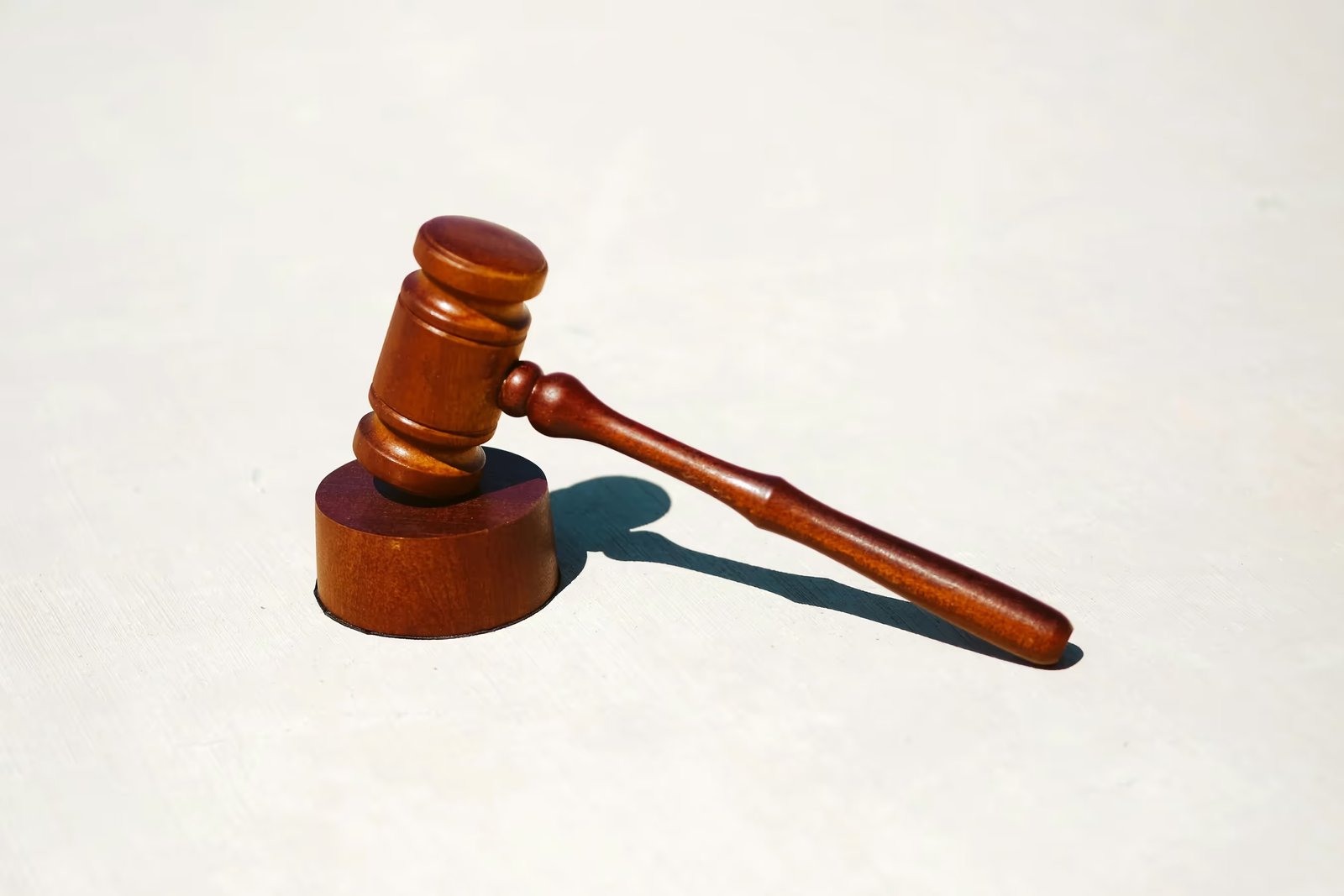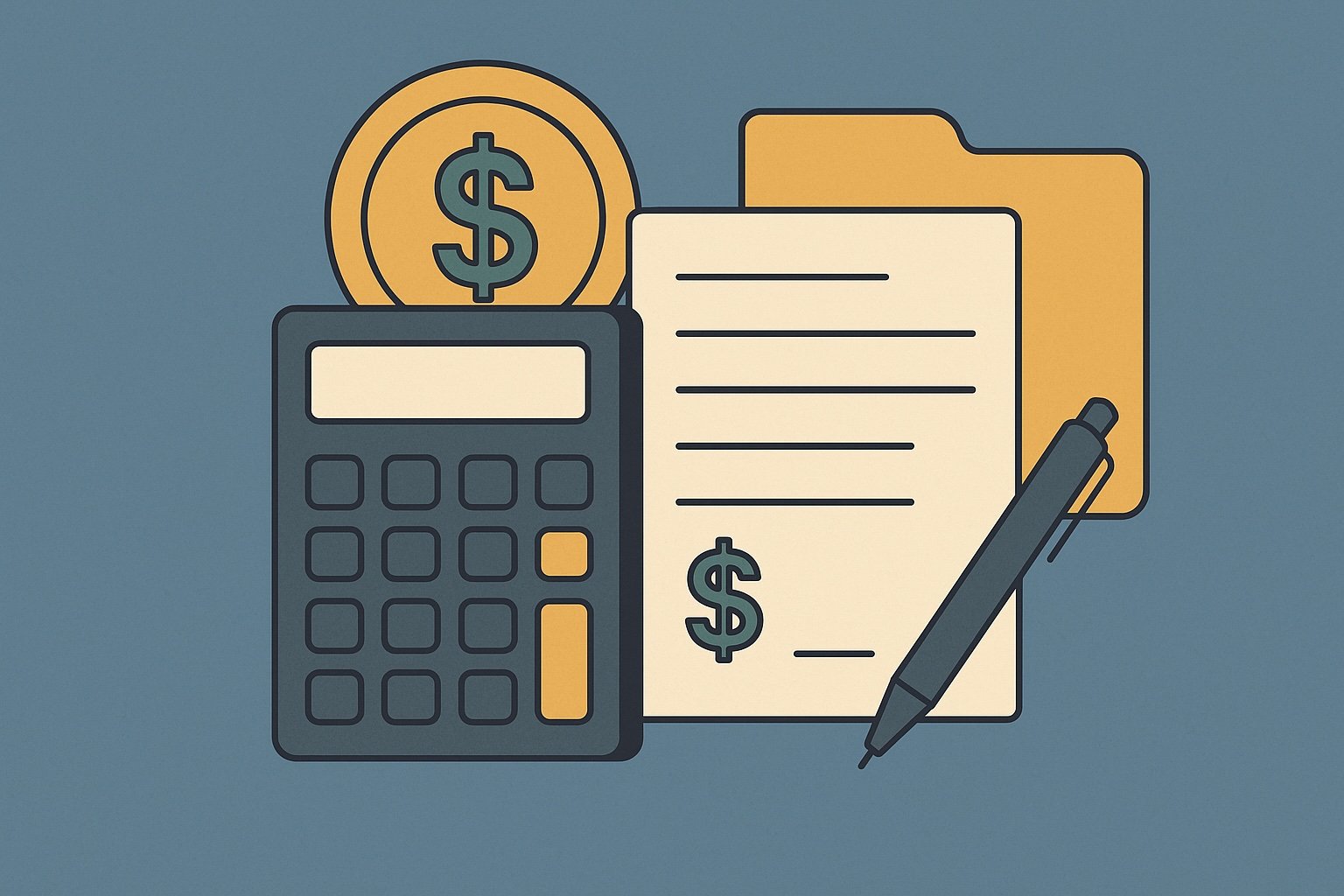Question
ARTE's Answer
A 1031 exchange can be a powerful tool for deferring capital gains taxes when selling investment properties, but it's not without its disadvantages. Here are some potential downsides to consider:
- Complexity and Strict Timelines: The 1031 exchange process is complex and requires strict adherence to IRS rules and timelines. You must identify potential replacement properties within 45 days of selling your relinquished property and complete the purchase of the replacement property within 180 days. Missing these deadlines can disqualify the exchange, resulting in immediate tax liability.
- Limited Use: 1031 exchanges are only applicable to real property held for investment or business purposes. Personal residences or properties held primarily for sale, such as inventory, do not qualify. This limits the flexibility of using a 1031 exchange for certain types of real estate transactions.
- Potential for Boot: If the replacement property is of lesser value than the relinquished property, or if not all proceeds are reinvested, the difference (known as "boot") is taxable. This can occur if you receive cash or other non-like-kind property in the exchange, or if exchange funds are used to pay for non-exchange expenses.
- Depreciation Recapture: While a 1031 exchange defers capital gains taxes, it does not eliminate the potential for depreciation recapture. When you eventually sell the replacement property without using another 1031 exchange, you may face a significant tax bill due to the recapture of depreciation deductions taken on the relinquished property.
- Market Constraints: Finding suitable replacement properties that meet the like-kind requirement and are of equal or greater value can be challenging, especially in a competitive real estate market. This can limit your investment options and potentially lead to rushed decisions.
- Loss of Step-Up in Basis: If you hold onto the property until death, your heirs receive a step-up in basis, potentially eliminating capital gains taxes. However, if you continue to defer taxes through 1031 exchanges, you may miss out on this benefit.
- Transaction Costs: While Deferred.com offers a "No Fee Exchange," saving investors money on qualified intermediary services, there are still other transaction costs to consider, such as legal fees, appraisal fees, and closing costs. These can add up and impact the overall financial benefit of the exchange.
Example: Let's say you own an investment property worth $500,000 with a mortgage of $200,000. You decide to sell it and use a 1031 exchange to defer the capital gains tax. You must find a replacement property worth at least $500,000 to avoid boot. You identify a property worth $550,000 and use Deferred.com as your qualified intermediary to facilitate the exchange.
During the process, you encounter several challenges. The tight 45-day identification period makes it difficult to find a suitable property, and you end up choosing a property that requires significant repairs, which you hadn't initially planned for. Additionally, the transaction costs, including legal and appraisal fees, add up, reducing the financial benefit of the exchange.
Despite these challenges, you successfully complete the exchange within the 180-day period, deferring your capital gains tax. However, you must be mindful of the potential for depreciation recapture when you eventually sell the replacement property, as well as the ongoing need to manage the new property's repairs and maintenance.
In conclusion, while a 1031 exchange can be a valuable tool for deferring taxes and building wealth, it's important to weigh the potential disadvantages and complexities involved. Working with a knowledgeable qualified intermediary like Deferred.com can help navigate these challenges and ensure a successful exchange.
Have more questions? Call us at 866-442-1031 or send an email to support@deferred.com to talk with an exchange officer at Deferred.
Sources
- What To Do About Exchange Expenses in a Section 1031 Exchange? (Article)
- Deferring Losses On The Sale of Property Using 1031 Exchanges
- Publication 544 (2023), Sales and Other Dispositions of Assets
- TAM 200039005 (Failed Reverse Exchanges)
- Goolsby v. Commissioner
- What Is a Three-Party Exchange?
- What Costs can be Considered Acceptable Exchange Expenses? (Article)
1031 Question? Ask ARTE
Deferred's AI 1031 Research Assistant is trained on 8,000+ pages of US tax law and outperforms human CPAs by 22%+
CHAT NOW
Learn More
See more frequently asked questions about 1031 exchanges








